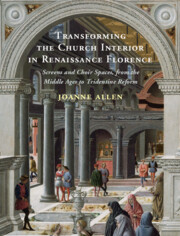Thomas Aquinas wrote his Summa Theologiae to provide Dominican friars with solid theological instruction in moral theology and pastoral care on the firm foundation of scripture. Despite an increasing awareness among scholars of the importance of Thomas' scriptural commentaries to his thought, few have attempted to interpret his theology and philosophy in light of his scriptural commentaries and the mendicant context of the 13th century. This paper offers a reading of Thomas' theology of providence and divine government both as a mendicant friar and Master of the Sacred Page in order to understand some of the implications of the doctrine of providence for distributive justice in ecclesial practice today.


